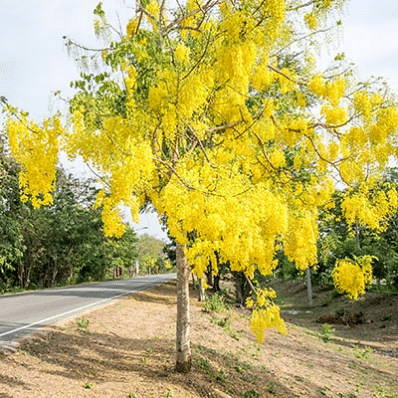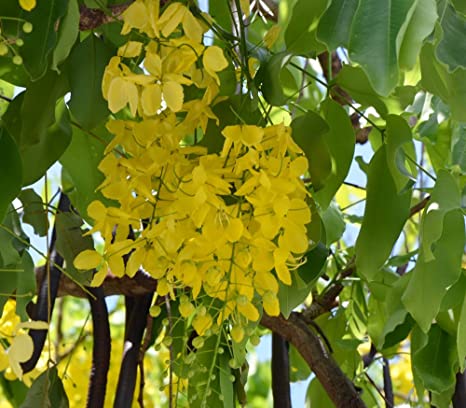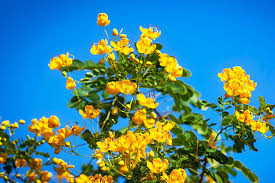Cassia fistula
Cassia fistula
Couldn't load pickup availability
Cassia fistula
Golden Shower - Cassia Fistula
Cassia Fistula, known as the golden shower tree and by other names, is a flowering plant in the family Fabaceae. The species is native to the Indian subcontinent and adjacent regions of Southeast Asia. It ranges from southern Pakistan eastward throughout India to Myanmar and Thailand and south to Sri Lanka. It is closely associated with the Mullai region of Sangam landscape. It is the national tree of Thailand, and its flower is Thailand's national flower. It is also the state flower of Kerala in India and of immense importance amongst the Malayali population. It is a popular ornamental plant and is also used in herbal medicine.
Description
The golden shower tree is a medium-sized tree, growing to 10–20 m (33–66 ft) tall with fast growth. The leaves are deciduous, 15–60 cm (5.9–23.6 in) long, and pinnate with three to eight pairs of leaflets, each leaflet 7–21 cm (2.8–8.3 in) long and 4–9 cm (1.6–3.5 in) broad. The flowers are produced in pendulous racemes 20–40 cm (7.9–15.7 in) long, each flower 4–7 cm (1.6–2.8 in) diameter with five yellow petals of equal size and shape. The fruit is a legume, 30–60 cm (12–24 in) long and 1.5–2.5 centimetres (0.59–0.98 in) broad, with a pungent odor and containing several seeds. The tree has strong and very durable wood, and has been used to construct "Ahala Kanuwa", a place at Adams Peak, Sri Lanka, which is made of Cassia fistula (ahala, ehela, or aehaela, ඇහැල in Sinhala) heartwood.
Medicinal Plants
In Ayurvedic medicine, the golden shower tree is known as aragvadha, meaning "disease killer". The fruit pulp is considered a purgative, and self-medication or any use without medical supervision is strongly advised against in Ayurvedic texts.
Though its use in herbalism has been attested to for millennia, rather little research has been conducted in modern times. The purgative action is probably due to abundant 1,8-dihydroxyanthraquinone and derivatives thereof. Many Fabaceae are sources of potent entheogens and other psychoactive compounds such as tryptamines; such plants are rarely found among the Caesalpinioideae.
Vernacular names
Amaltās inflorescences, Kolkata, West Bengal, India
Being so conspicuous and widely planted, this tree has a number of common names. In English, it is also known as the golden shower cassia and also as Indian laburnum or golden shower. It is known in Spanish-speaking countries as caña fistula.
Select unblemished, dark brown pods for best results. Cassia trees will propagate from seeds all year long but it's recommended to plant in summer. The seeds germinate best when the days are long with extra hours of sunshine. Rinse the seeds in warm water to remove the dark pulp, then scarify the seed coat.
Price is for 6 seeds 4.20 euro
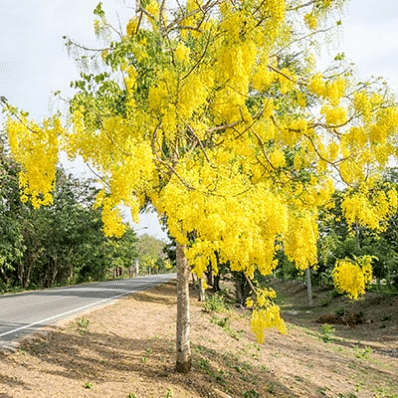
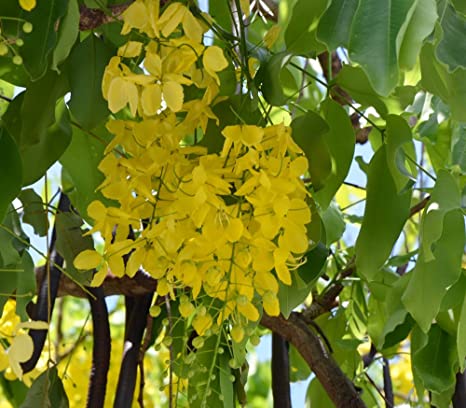
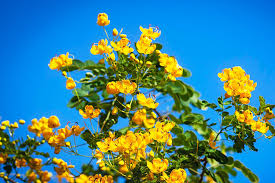
Collapsible content
Fair Use Disclaimer
Our website may contain content not authorized for use by its owner but use of this material falls under the guidelines of fair use (They are for educational purposes only to show the plant only).
If you want to find our more or own any images displayed on our website and disagree with our assessment it constitutes 'fair use' please click here.

